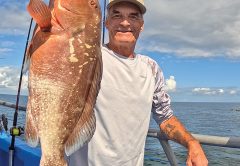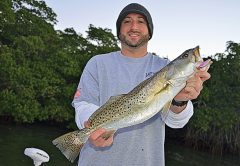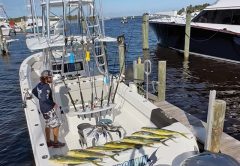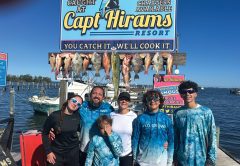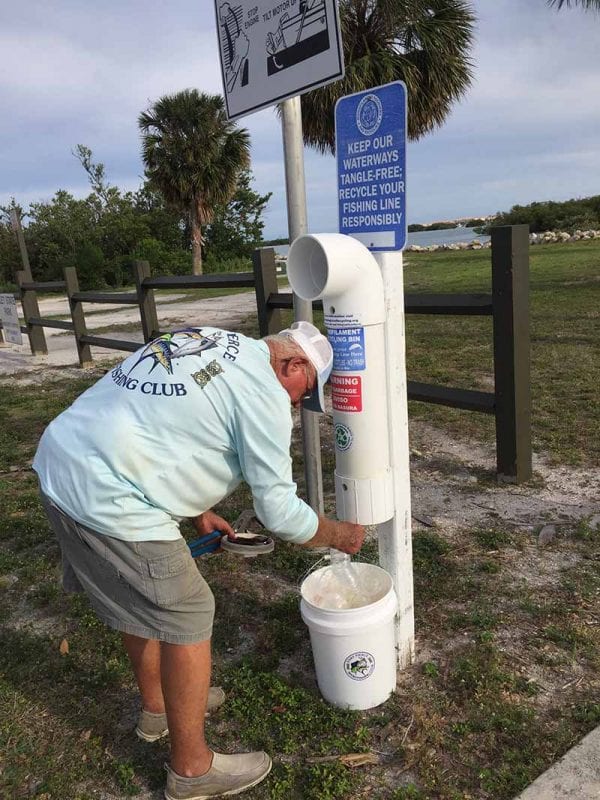
By George Kremer, member Fort Pierce Sport Fishing Club
How lucky we are to live in such a rich fishing environment! The Fort Pierce Sportfishing Club (FPSC) has committed to helping protect this environment through the Monofilament Recovery and Recycling Program(MRRP) under the auspices of Florida Fish and Wildlife Conservation Commission. Through this program, large, PVC ‘bins’ are located near boat ramps or other active fishing spots.
Monofilament line does not biodegrade. The line is mostly clear, thin and difficult for wildlife to see. The very things which make it valuable to us as fishermen are the reasons it becomes hazardous to other things around us. We are blessed in the Treasure Coast to have much wildlife: fish, turtles, dolphins, manatees, birds, all of which can be injured by getting entangled in our discarded line.
Most of us who live near water have seen evidence of birds entangled in line, unable to fly. Mono-filament has been known to do serious injury to our endangered turtle population as it wraps around their flippers making it difficult or impossible to move. Of course, line that ends up in the water can hurt or damage fish, dolphins and manatees, as well as having an impact on boaters and fishermen. It can get wrapped around our props causing some very expensive damage. Divers and swimmers could also face serious harm from it.
It is difficult to safely get rid of monofilament line. Even if tossed in the trash it will ultimately end up in a landfill where it can be scavenged by birds and animals. Nor can we put it in recycling bins. But, there are safe ways to dispose of it.
The Fort Pierce Sportfishing Club is dedicated to doing what it can to safely remove this line from our environment. Our club members have surveyed the entire Fort Pierce area to first, identify existing sites and second to identify prospective sites, then seek permission from property owners to place bins there. We continue to add sites due to all the good ‘fishing spots’ here.
Members have been collecting the castoff line placed in the bins. Then it is cleaned, packaged and sent off to be melted down and made into other plastic products, including tackle boxes spools for line, fish habitats, and toys. It is not made into more monofilament line. The Berkley Conservation Institute, part of Pure Fishing, recycles the line. Berkley collaborates with other organizations such as ours to accomplish this mission.
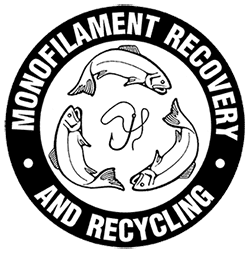
If you would like to learn more, there is a very comprehensive website devoted to this project: http://mrrp.myfwc.com/. Most importantly, there is a map on this site which indicates the location of the bins throughout the state. So, even when you travel to new fishing spots, you will be able to know where to safely get rid of your line.

